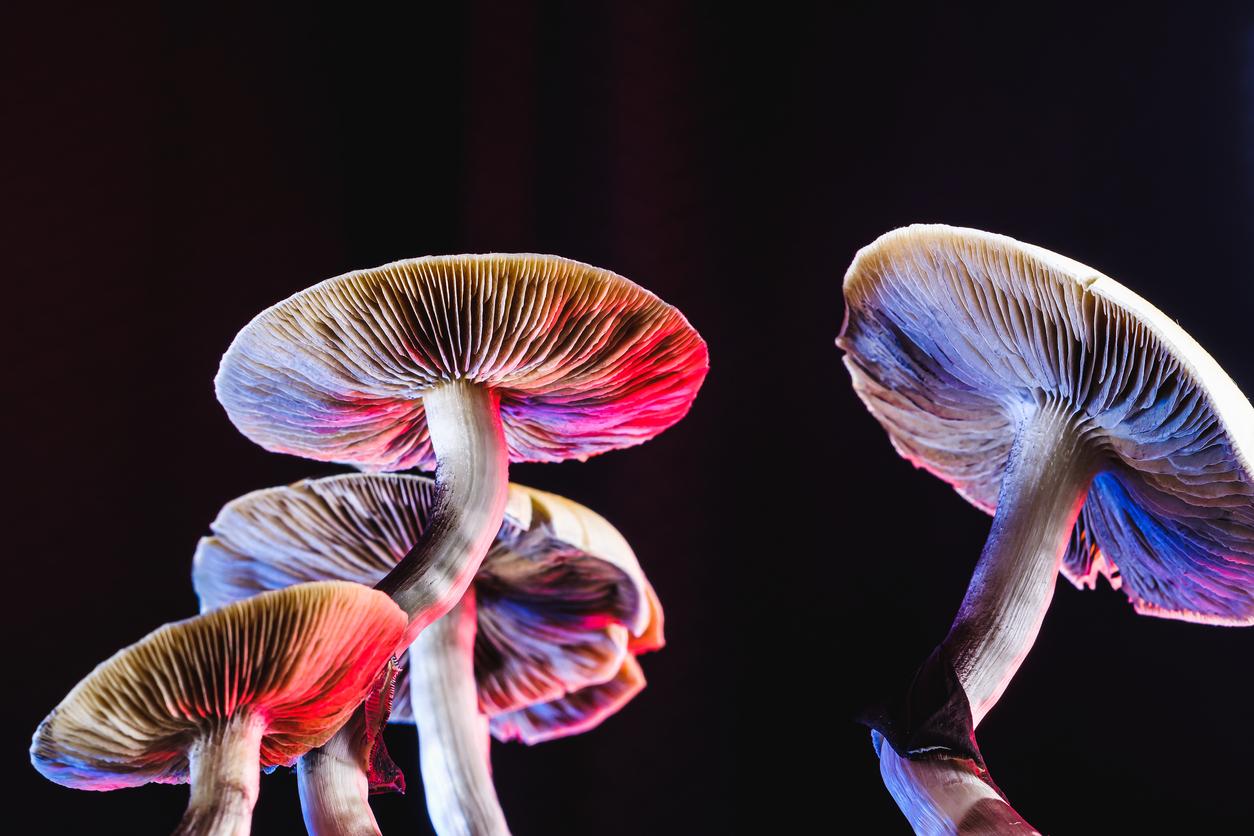From a long history of sacred indigenous tradition, to an explosion of use in the ’60s before their prohibition, psychedelic drugs are now finding their place in the clinical treatment of mental illness. Here’s what you need to know about how psychedelics work on the brain, whether they’re effective for treating mental illness and what the future might hold for these drugs.
What are psychedelics?
Psychedelic drugs include lysergic acid diethylamide (LSD or ‘acid’), psilocybin (from mushrooms), 3,4-methylenedioxymethamphetamine (MDMA or ‘ecstasy’) and ayahuasca. Psilocybin and ayahuasca have been used by humans for centuries. LSD and MDMA are synthetic (made in laboratories) drugs that have been used for their psychoactive effects since the 1940s (for LSD) and the late 1970s (for MDMA).
Benefits of psychedelics
It’s the ability of psychedelic drugs to cause lasting effects in the brain that has led to interest in using these substances to help treat mental illnesses like depression, anxiety, post-traumatic stress disorder (PTSD) and substance use disorder. Earlier this year, Australian law was changed to allow the use of MDMA to treat PTSD, and psylocibin to treat depression. This puts Australia ahead of most other countries in beginning to use these psychedelics for medical purposes, after decades of them being illegal, but treatment is not straightforward.
Psychedelic-assisted psychotherapy involves more than simply taking the drugs.
The settings in which psychedelics have been trialled all involve a series of psychotherapy sessions before the substance is used (under therapist supervision) and after. This is to help the patient prepare for the effects of the drug, to begin working on the issues being treated, and to build a rapport with the therapist(s) so they can be comfortable during the session(s) when they’ll use the psychoactive substances.
Sessions after the one(s) in which the drugs are taken help the patient understand their experience and use it in a way that helps to address their specific needs.
The process of psychedelic-assisted psychotherapy is based upon the ‘set and setting’ concept. The mindset of the user and the setting in which the drug is used are important for determining what the psychedelic experience will be like. Negative experiences under the influence of psychedelic drugs (bad trips) are common.
For example, ‘ritual’ use of ayahuasca causes negative mental health effects in more than 50% of people (although most of these people think the negative effects are part of the process of personal growth or understanding).
Does microdosing work?
It’s not known if the ‘trip’ phase of psychedelic use is needed for the benefits to mental health that have been reported in the scientific literature. However, ‘microdosing’ of psylocibin or LSD is growing in popularity, based on the unproven idea that small doses taken often might be helpful. Early studies like this one, this one and this one studied microdosing in people without established mental health problems, some of whom were simply interested or enthusiastic about the potential benefits.
None of those studies found any effect of microdosing on measures of mood or emotions.
What does the future hold?
We appear to be on the cusp of a revolution in treatment of mental illness, based on the use of psychedelics in psychotherapy, and society has changed since psychedelics were initially banned. Whether growing social acceptance of these drugs will lead to greater use is unknown, and if it does, the health effects remain to be seen.














